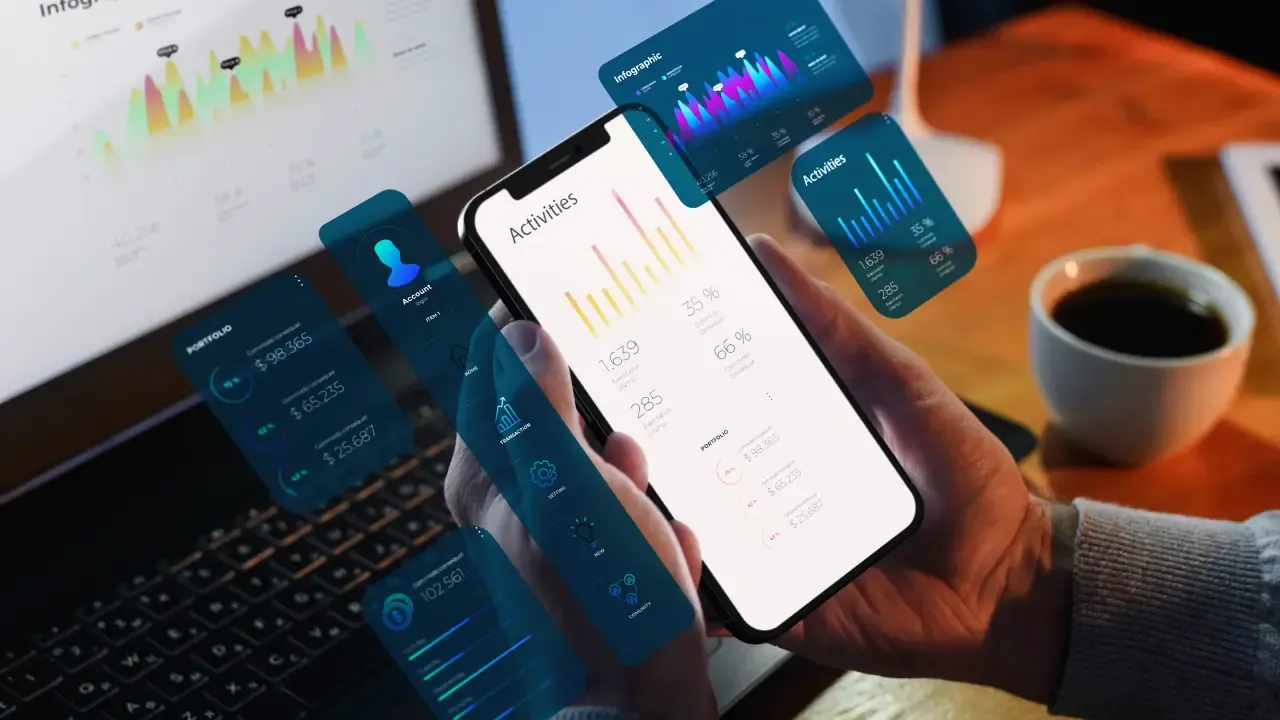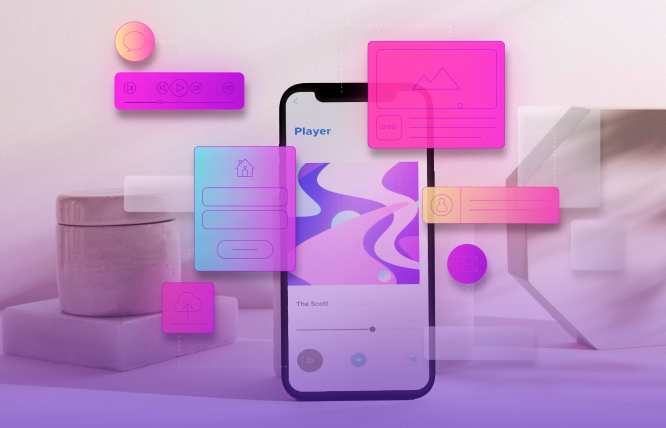In today’s digital-first world, mobile apps are no longer optional—they are a necessity for businesses that want to engage customers, improve efficiency, and stay competitive. But when it comes to mobile app development, one of the most common questions business owners face is: Should we build a native app or a hybrid app?
Both approaches have their strengths and weaknesses, and the right choice depends on your business goals, budget, and user expectations. In this blog, we’ll break down the differences between native and hybrid mobile app development, explore the pros and cons of each, and help you decide which option is right for your business.
What Is Native Mobile App Development?
Native mobile app development refers to building apps specifically for a particular operating system—iOS or Android.
-
For iOS, developers use languages like Swift or Objective-C.
-
For Android, they use Java or Kotlin.
Native apps are installed directly on devices and are designed to take full advantage of the platform’s features and performance.
Key Characteristics of Native Apps:
-
Platform-specific development (iOS or Android).
-
Access to device features like GPS, camera, and push notifications.
-
High performance and seamless user experience.
What Is Hybrid Mobile App Development?
Hybrid mobile app development involves creating a single app that can run on multiple platforms using a single codebase. These apps are built with web technologies such as HTML, CSS, and JavaScript, then wrapped in a native container.
Frameworks like Flutter, React Native, and Ionic have made hybrid apps increasingly popular.
Key Characteristics of Hybrid Apps:
-
One codebase for multiple platforms.
-
Faster and more cost-effective to develop.
-
Can access some native device features through plugins.
Native Mobile App Development: Pros and Cons
✅ Advantages
-
Superior Performance
Native apps are built specifically for each platform, resulting in faster, smoother, and more responsive performance. -
Enhanced User Experience
They align perfectly with platform guidelines, delivering a seamless and intuitive experience for users. -
Full Access to Device Features
Native apps can leverage hardware features like GPS, camera, microphone, and sensors more effectively. -
Better Security
Since they are built within a platform’s ecosystem, native apps generally offer stronger data protection and security options.
❌ Disadvantages
-
Higher Costs
Developing separate apps for iOS and Android requires more resources, increasing costs. -
Longer Development Time
Since each platform requires its own codebase, development timelines can be significantly longer. -
Complex Maintenance
Updates and bug fixes need to be applied separately for each platform, making maintenance more complicated.
Hybrid Mobile App Development: Pros and Cons
✅ Advantages
-
Cost-Effective
With one codebase for multiple platforms, businesses save money on development. -
Faster Time to Market
Hybrid apps can be developed and launched more quickly, making them ideal for startups or businesses testing new ideas. -
Easier Maintenance
Updating a single codebase simplifies the process of rolling out updates and fixes. -
Wider Reach
A hybrid app can be deployed on both iOS and Android platforms at once, reaching more users.
❌ Disadvantages
-
Performance Limitations
While frameworks are improving, hybrid apps still can’t fully match the speed and responsiveness of native apps. -
Limited Access to Device Features
Hybrid apps may not integrate as smoothly with advanced device functionalities. -
User Experience Gaps
Because they are not platform-specific, hybrid apps sometimes feel less polished compared to native alternatives.
Which One Should You Choose?
The decision between native and hybrid mobile app development depends on your business needs, budget, and long-term goals.
Choose Native If:
-
Performance and user experience are top priorities.
-
Your app requires heavy use of device features like camera, GPS, or sensors.
-
You’re building a complex, high-quality app for a specific user base.
-
You have the budget to support separate development for iOS and Android.
Choose Hybrid If:
-
You need to launch quickly and cost-effectively.
-
Your app is relatively simple and does not require advanced device integrations.
-
You want to target both iOS and Android users with one codebase.
-
You’re a startup or small business testing the market before investing heavily.
The Role of a Mobile App Development Company
Making the right choice between native and hybrid development is not always easy. Partnering with a professional mobile app development company can help you:
-
Assess your business requirements.
-
Identify the most cost-effective solution.
-
Build scalable apps tailored to your target audience.
-
Ensure strong security and performance standards.
A development partner with experience in both native and hybrid technologies can guide you toward the best option for your business.
Conclusion
Both native and hybrid mobile app development approaches offer unique benefits. Native apps deliver exceptional performance and user experiences, while hybrid apps provide speed, affordability, and cross-platform reach.
The right choice depends on your goals—whether you value performance and quality above all else or need a quick, cost-effective solution that works across platforms. By understanding the strengths and weaknesses of each approach, and with guidance from professional developers, you can build an app that supports your business growth and customer satisfaction.
Frequently Asked Questions
Have questions or feedback?
Get in touch with us and we‘l get back to you and help as soon as we can!




